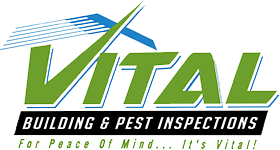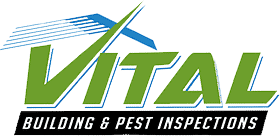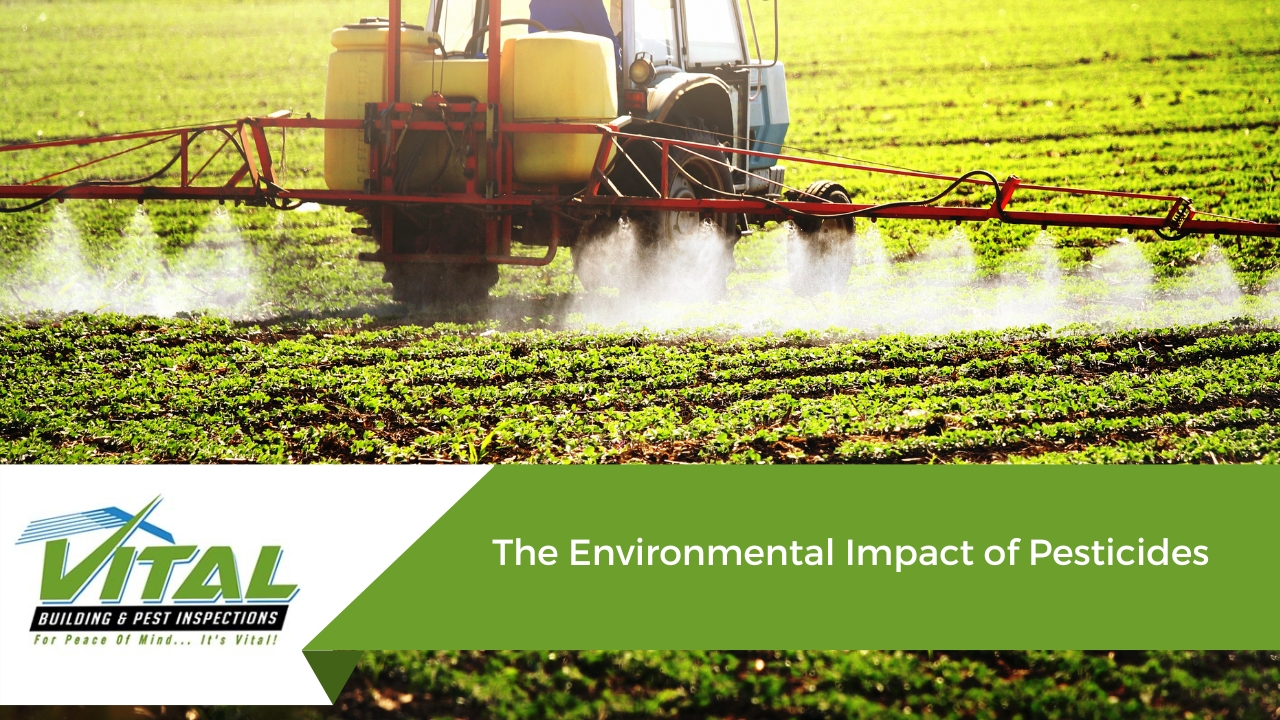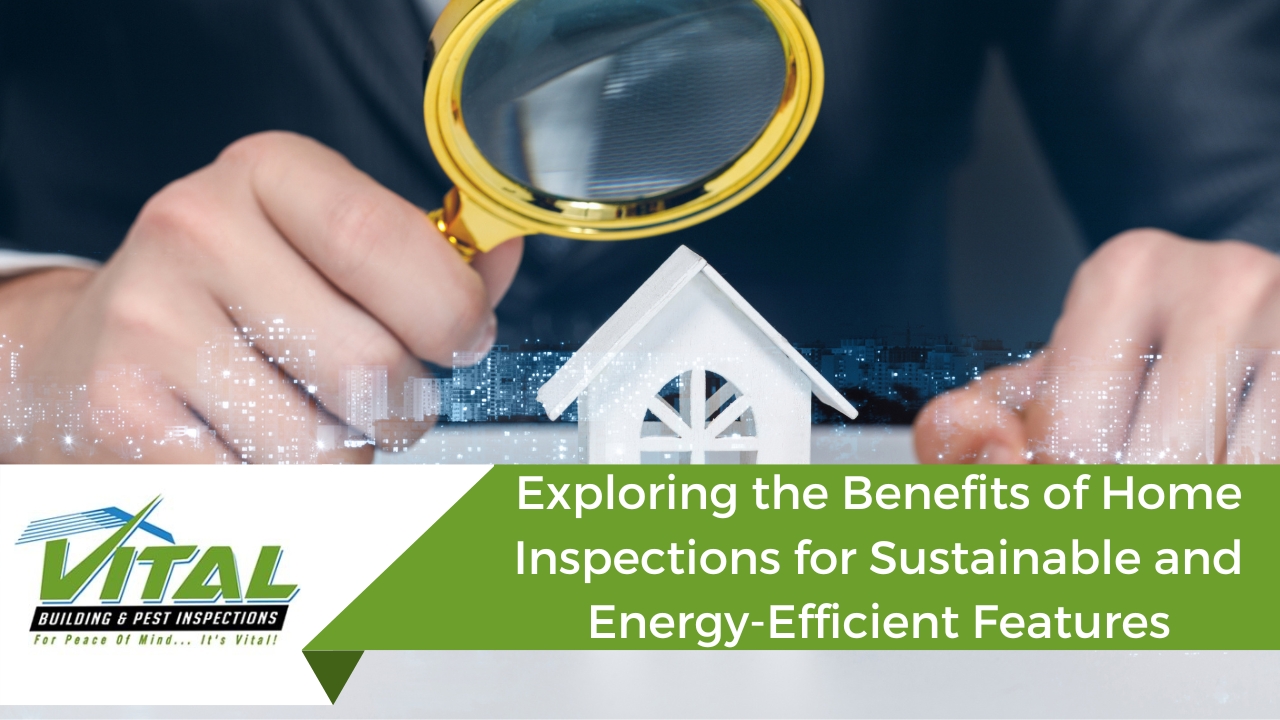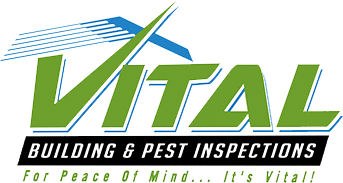Pesticides have become a ubiquitous tool in modern agriculture, helping farmers to protect crops and increase yields. However, their use also comes with a significant environmental impact that cannot be ignored. In this article, we’ll explore the impact of pesticides on the environment and what we can do to minimise their harmful effects.
Firstly, it’s essential to understand how pesticides work. Pesticides are chemicals that are used to control or kill pests that can harm crops, including insects, weeds, and fungi. They can be applied in various forms, including sprays, dust, granules, or baits. However, once applied, pesticides don’t just affect the target pests but also can harm non-target organisms and the environment in general.
One of the most significant environmental impacts of pesticides is their effect on wildlife. Pesticides can contaminate water, soil, and air, affecting not only the target pests but also other organisms living in the same environment. For example, pesticides can harm bees, butterflies, and other pollinators that play a critical role in crop production. This can lead to a reduction in crop yields and ultimately harm the entire ecosystem.

Harmful Side Effects
Pesticides can also have harmful effects on birds, fish, and other animals, either directly or indirectly. For example, birds that feed on contaminated insects can accumulate pesticides in their bodies, leading to health issues such as decreased reproductive success, weakened immune systems, and even death. Fish can also be affected by pesticides that run off into waterways, leading to deformities and reproductive problems.
Another significant environmental impact of pesticides is their effect on soil quality. Pesticides can harm beneficial soil organisms such as earthworms, which play a vital role in maintaining soil structure and nutrient cycling. This can lead to soil degradation, reducing soil fertility and making it more vulnerable to erosion.

Environmental impact of pesticides
To minimise the environmental impact of pesticides, there are several actions that farmers and consumers can take. For example, using integrated pest management (IPM) practices can help reduce the use of pesticides while still maintaining crop yields. IPM involves a range of pest control techniques, such as crop rotation, biological control, and using resistant crop varieties.
Another way to reduce pesticide use is by adopting organic farming practices. Organic farming avoids the use of synthetic pesticides, instead relying on natural methods of pest control such as crop rotation, companion planting, and biological control. Organic farming practices also promote soil health, reducing the need for fertilisers and improving soil structure and water retention.
As consumers, we can also reduce our exposure to pesticides by choosing organic foods whenever possible. While organic foods may be more expensive than conventionally grown foods, they are often healthier and more sustainable in the long run. When buying non-organic produce, it’s essential to wash it thoroughly to remove any pesticide residue.

What Pest Control Inspectors Need to Know
Pest control inspectors are professionals who play a critical role in identifying and preventing pest infestations. They are responsible for inspecting homes, buildings, and other structures to detect the presence of pests and recommend appropriate pest control measures. To be successful in this role, pest control inspectors need to have specific knowledge and skills. Here are some of the things that pest control inspectors need to know:
Pest Identification
Pest control inspectors need to be able to identify different types of pests, including insects, rodents, and other pests that can infest homes and buildings. They need to know the signs of infestation, such as droppings, nests, or damage to structures. This knowledge helps them to recommend the appropriate pest control measures.
Pest Biology and Behaviour
Pest control inspectors need to understand the biology and behaviour of pests to effectively control them. This includes knowledge of their life cycles, breeding habits, and feeding patterns. With this knowledge, inspectors can identify the most effective pest control methods and develop prevention strategies.
Pesticide Safety
Pesticide safety is a critical aspect of pest control. Inspectors need to know how to handle and apply pesticides safely to protect themselves, their clients, and the environment. They need to understand the potential health risks associated with pesticide exposure and how to prevent accidental exposure.
Building Construction and Architecture
Pest control inspectors need to be familiar with building construction and architecture. This knowledge helps them to identify potential entry points for pests, such as cracks, gaps, and holes. They also need to understand the different types of building materials and how pests can damage them.
Pest Control Methods
Pest control inspectors need to be knowledgeable about the different types of pest control methods, including chemical and non-chemical methods. They need to understand the advantages and disadvantages of each method and how to apply them safely and effectively.
Regulations and Licensing Requirements
Pest control inspectors need to be familiar with regulations and licensing requirements in their state or country. They need to know the rules and regulations regarding pesticide use, handling, and application. They also need to be licensed and certified to conduct pest inspections and apply pesticides.
Communication Skills
Effective communication is essential for pest control inspectors. They need to be able to communicate with clients to explain their findings, recommend appropriate pest control measures, and answer questions. They also need to be able to write reports and keep accurate records of their inspections.

Protect Your Property from Pests: Schedule a Professional Pest Inspection Today!
If you suspect that your property may have a pest problem or want to prevent one, don’t wait to act. Contact Vital Building Inspections Sydney today to schedule a professional pest inspection. Our experienced pest control inspectors have the knowledge and skills to detect and prevent pest infestations, keeping your property safe and healthy. Don’t let pests take over your property – call us now on 0401 012 074 to schedule your inspection!
